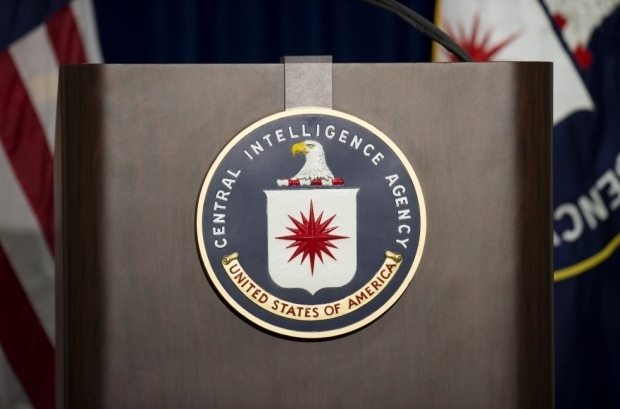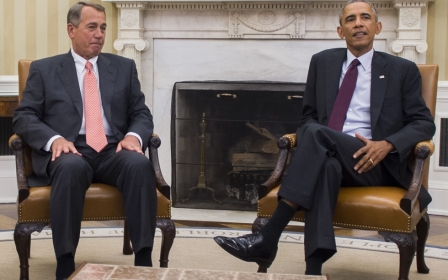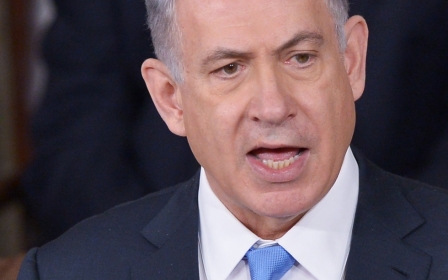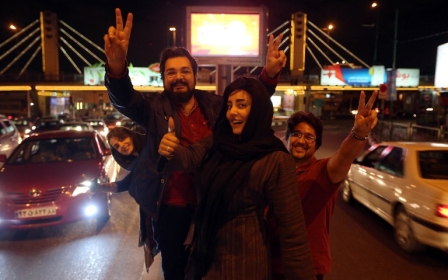Some critics of Iran deal ‘wholly disingenuous’: CIA chief

CIA director John Brennan gave a staunch defence of the framework nuclear deal with Iran on Tuesday, calling some criticism of the accord "disingenuous" while expressing surprise at Tehran's concessions.
In his first public remarks since the outline agreement was announced last week, the spy agency chief said the deal would impose a litany of restrictions on Iran's nuclear work that had once seemed impossible to secure.
"I must tell you the individuals who say this deal provides a pathway for Iran to a bomb are being wholly disingenuous, in my view, if they know the facts, understand what's required for a (nuclear) programme," Brennan told an audience at Harvard University.
The accord would mean "cutting off pathways not just to uranium enrichment but to plutonium enrichment" and include a "very intrusive inspection regime", he said.
"I certainly am pleasantly surprised that the Iranians have agreed to so much here. In terms of the inspections regime, the reduction as far as the centrifuges, the stockpile, what they're doing with the Arak reactor, all of that I think is really quite surprising and quite good."
He said that upon reaching any deal there would be “wide array of eyes and ears looking into what Iran is doing”.
Some critics were less focused on Iran's nuclear programme and more on the effect of lifting sanctions on Iran, as they worry it will allow Tehran to "cause more trouble throughout the area", Brennan said.
That was a legitimate cause for concern, he said. But the framework deal itself offered a way of curtailing any attempt by Iran to build nuclear weapons and is "as solid as you can get", he said.
However, US and allied intelligence agencies would be closely monitoring how Iran implemented any deal and there was no expectation that Tehran would alter its stance in the region, he said.
It was unclear if the pragmatic approach demonstrated by President Hassan Rouhani on the nuclear negotiations would "migrate to other areas of Iranian foreign policy", he said.
"I think we'll see. But I don't think this is going to lead to a light switch when all of a sudden the Iranians are going to become passive, docile in the region, no."
"You're not going to get the Iranians to just totally dismantle everything and say, 'OK, we're not going to pursue any type of nuclear capability from a peaceful perspective.'"
He said Iran's attitude on the issue had changed since President Barack Obama entered office six years ago mainly because sanctions had hit the country's economy hard, he said.
Rouhani also was a "more reasonable" figure who had gotten a green light from the supreme leader, Ayatollah Ali Khameini, to try to broker a deal, Brennan said.
New MEE newsletter: Jerusalem Dispatch
Sign up to get the latest insights and analysis on Israel-Palestine, alongside Turkey Unpacked and other MEE newsletters
Middle East Eye delivers independent and unrivalled coverage and analysis of the Middle East, North Africa and beyond. To learn more about republishing this content and the associated fees, please fill out this form. More about MEE can be found here.




